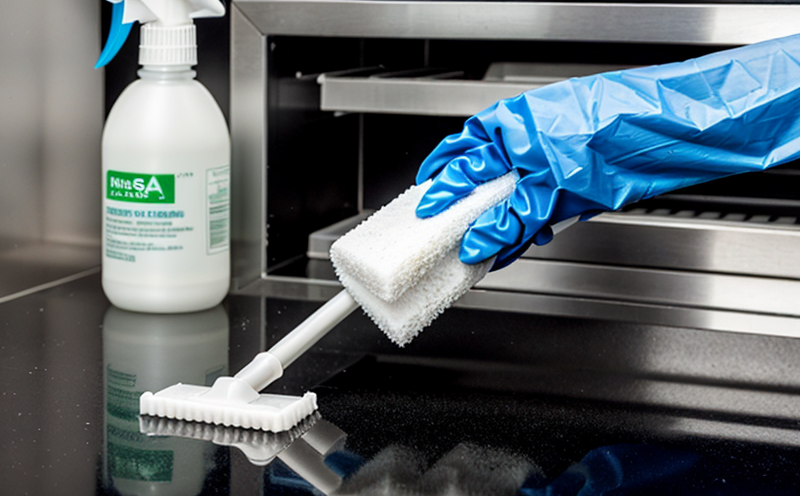EN 1499 Hygienic Handwash Testing of Plastic Soap Dispensers
The EN 1499 standard specifies requirements and test methods to ensure that plastic handwash dispensers used in public places meet hygiene standards. Compliance with this standard is crucial for manufacturers, distributors, and end-users who need to demonstrate the hygienic integrity of their products. This service ensures that plastic soap dispensers are free from harmful substances and can be safely used by customers.
The testing process involves a series of rigorous procedures designed to verify the compatibility and safety of materials used in the manufacture of handwash dispensers. It includes evaluations for chemical resistance, biodegradability, and microbiological stability. These tests not only safeguard user health but also protect businesses from potential legal issues related to hygiene standards.
The first step involves a detailed inspection of the product's compliance with EN 1499 requirements. This includes checking material specifications, manufacturing processes, and final product design for adherence to hygienic principles. After initial assessment, samples are prepared according to ISO guidelines, ensuring that each specimen represents typical usage conditions.
The testing process then proceeds through several key stages:
- Chemical resistance: Determining the stability of materials under various chemical environments to prevent contamination from cleaning agents or other substances.
- Biodegradability: Ensuring that the product decomposes naturally over time, minimizing environmental impact without compromising hygiene standards.
- Bacterial growth inhibition: Assessing whether the dispenser material inhibits bacterial growth on its surface, contributing significantly to hand hygiene and preventing cross-contamination in public spaces.
Each stage is conducted under controlled laboratory conditions that mimic real-world usage scenarios. This approach ensures accurate results reflecting practical performance during actual use. Compliance with these stringent standards is critical for manufacturers aiming to meet regulatory requirements while enhancing customer trust through proven hygiene measures.
The service also provides detailed reports outlining all test parameters, findings, and conclusions based on EN 1499 criteria. These reports serve multiple purposes including internal quality control documentation, external certification submissions, and marketing collateral emphasizing product safety features to potential clients or end-users.
For R&D engineers working on new designs or formulations for plastic soap dispensers, this service offers invaluable insights into material selection and processing techniques that ensure long-term compatibility with hygiene standards. Additionally, compliance data can be leveraged during negotiations with suppliers or partners seeking assurance about product safety before committing resources to production runs.
By offering comprehensive EN 1499 hygienic handwash testing services tailored specifically for plastic soap dispensers, we help our clients stay ahead of regulatory trends and consumer expectations in hygiene products. Our expertise ensures consistent quality across all stages of development, manufacturing, and distribution processes, ultimately delivering reliable solutions that meet stringent international standards.





